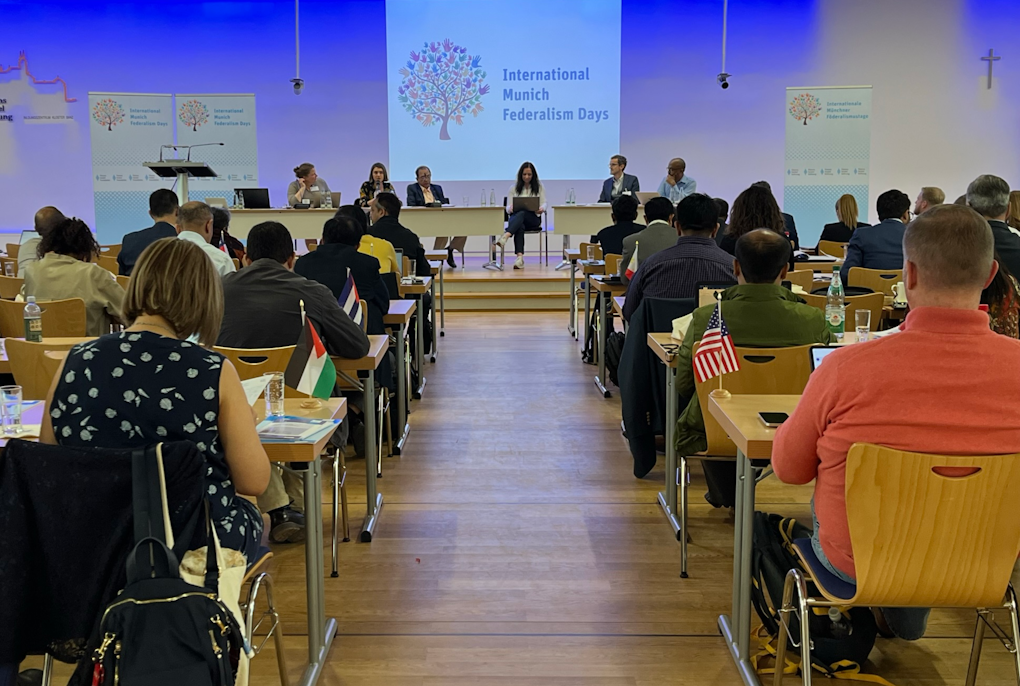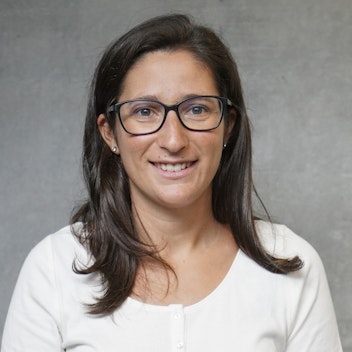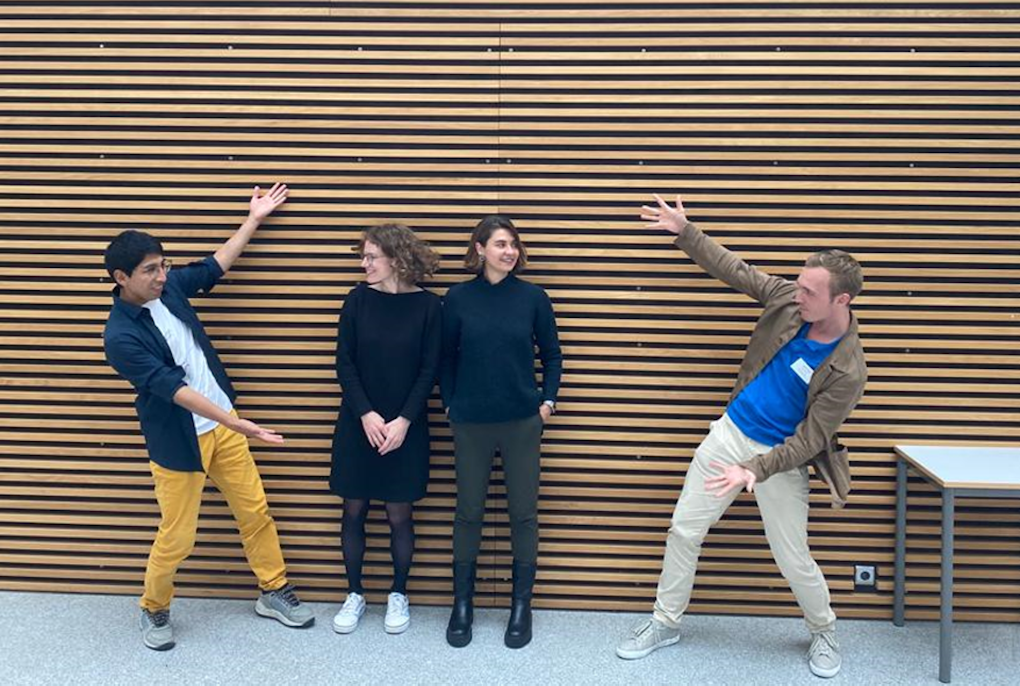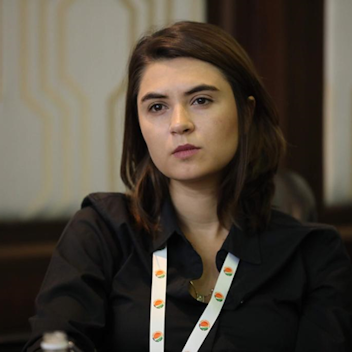
Spain faces the abyss
 Francisco Javier Romero Caro
Francisco Javier Romero Caro
This year, 2020, not only marks the tenth anniversary of the ratification of the UN Convention on the Rights of Persons with Disabilities (CRPD) by the European Union (EU), it also marks the conclusion of the European Disability Strategy 2010–2020 (EDS). Beginning mid-2019 the Commission engaged in an evaluation process of the effectiveness and legacy of the current Strategy. In July of that same year it launched an open public consultation, and created an open tender for a new study with the explicit aim of better understanding the reach and pitfalls of the EDS. In January 2020, in its Communication on a “Strong Social Europe for Just Transitions”, which paves the way for an Action Plan to implement the European Pillar of Social Rights, the Commission restated its commitment towards pursuing the implementation of the CRPD and to present “a strengthened strategy for disability in 2021”. As yet, little has been achieved on this front. It seems evident, however, that the new post-2020 strategy will have not only the role of bringing forward what began with the EDS and the further implementation of the CRPD, but, also, the far more difficult task of addressing and redressing the heavy impact of the COVID-19 outbreak on persons with disabilities. Recently, Felix has highlighted in a poignant blogpost a long series of abuses recorded throughout the last few months, and discussed how national responses to the COVID-19 outbreak have “left behind” persons with disabilities. At the beginning of June, the CRPD Committee expressed “its grave concern at the devastating impacts of the COVID-19 pandemic on persons with disabilities” and called for the CRPD legal standards “to be integral to COVID-19 protection, response and recovery measures”.
Commissioner Dalli, speaking at the Disability Intergroup of the European Parliament, on 30 April 2020, clearly acknowledged that the strategy post-2020 “will take into account the challenges arising from the COVID crisis and its devastating economic and social consequences”. She also claimed that the Commission would strive to prevent further inequalities for persons with disabilities from developing. In order to achieve this goal, and make EU disability policies more ambitious and far-reaching, the inclusion and participation of people with disabilities in policy-making is key and it is essential for the EU to comply with Article 4(3) CRPD, as well as the implicit spirit and rationale of the Convention more generally. In that vein, the Commission should harness the potential offered by the Conference on the Future of Europe to conduct an inclusive dialogue.
Back in January, the Conference was presented by the Commission as “a major pan-European democratic exercise” and a “new public forum for an open, inclusive, transparent and structured debate with citizens around a number of key priorities and challenges”. It is likely to revolve around the von der Leyen Commission’s six political priorities, which include inter alia “an economy that works for people, social fairness and equality”. The Commission stressed that all Europeans “should be given an equal opportunity to engage”, and that “particular attention should by paid to ensuring gender equality, the representation of minorities and persons with disabilities”. This is in line with what had already been highlighted by the European Parliament in a resolution (released in January 2020). However, it would require a commitment on behalf of the EU institutions to make the Conference fully accessible and inclusive. A concerted effort should certainly be made to include those who have been for too long left behind and whose rights have been violated, namely persons with intellectual disabilities.
The Conference, which was expected to commence in May 2020, was subsequently delayed due to the COVID-19 pandemic. Nonetheless, the Parliament’s President David Sassoli stated it “needs to be convened as soon as possible”. Today, on June, 24, the Council released a press statement by which it agrees that the Conference must go ahead and should be launched as soon as the relevant public health indicators permit this. The Council believes that the debates carried out as part of this Conference should focus on the development of EU policies post-Covid “over the medium and long term in order to tackle more effectively the challenges facing Europe” and calls for an inclusive dialogue. It is indicated that citizens’ and stakeholders’ participation should be ensured through debates and through multilingual internet platforms. To make the latter truly inclusive, it will be vital that sign language translation as well as easy to read documents are made available. A more overt statement in this respect would have been an encouraging acknowledgement of the need to design these proceedings with the necessary accessibility features and accommodations for persons with disabilities in mind.
The Council also suggests that digital activities would be of key importance. In this regard, ensuring accessibility of platforms will be of utmost importance. In 2016, the EU enacted the web accessibility directive (Directive (EU) 2016/2102), and whilst this is not being fully compliant with the obligations set out in the CRPD, can still be considered an important step in advancing digital inclusion. However, the Conference might also offer an additional forum within which to test in real time and in a practical setting, the effectiveness of this legislation.
All in all, the Conference represents the clearest opportunity for adopting a bottom-up approach with which to shape future disability policies that can make a difference in the lives of persons with disabilities. A participatory approach might also enhance the mainstreaming of disability concerns across the spectrum of EU competences and support the adoption of ambitious legislation that better comply with the wide-ranging obligations contained within the CRPD. The Conference would also represent the best opportunity to discuss procedural innovations in how policies are implemented as well as in how their implementation is monitored. An inclusive and accessible debate across Europe will better facilitate the crafting of concrete solutions that redress the impact of the current crisis on people with disabilities.
 | Delia Ferri is Professor of Law at Maynooth University Department of Law and Co-director of the ALL Institute. She has taken part into several research projects and EU-funded studies on disability rights. She loves hot yoga and going to the theatre to watch dance performances and ballet. Since she moved to Ireland she has become a big fan of brunch. |
 | Charles O’Sullivan is currently a lecturer in law at the School of Law, Ulster University. His research interests centre on law and the modern welfare state, with his doctoral thesis focusing more specifically on migration and access to social benefits. He believes praxis makes perfect. |
This content is licensed under a Creative Commons Attribution 4.0 International license.

 Francisco Javier Romero Caro
Francisco Javier Romero Caro
 Martina Gianola
Martina Gianola
 Ana Tereza Fernandes
Ana Tereza Fernandes